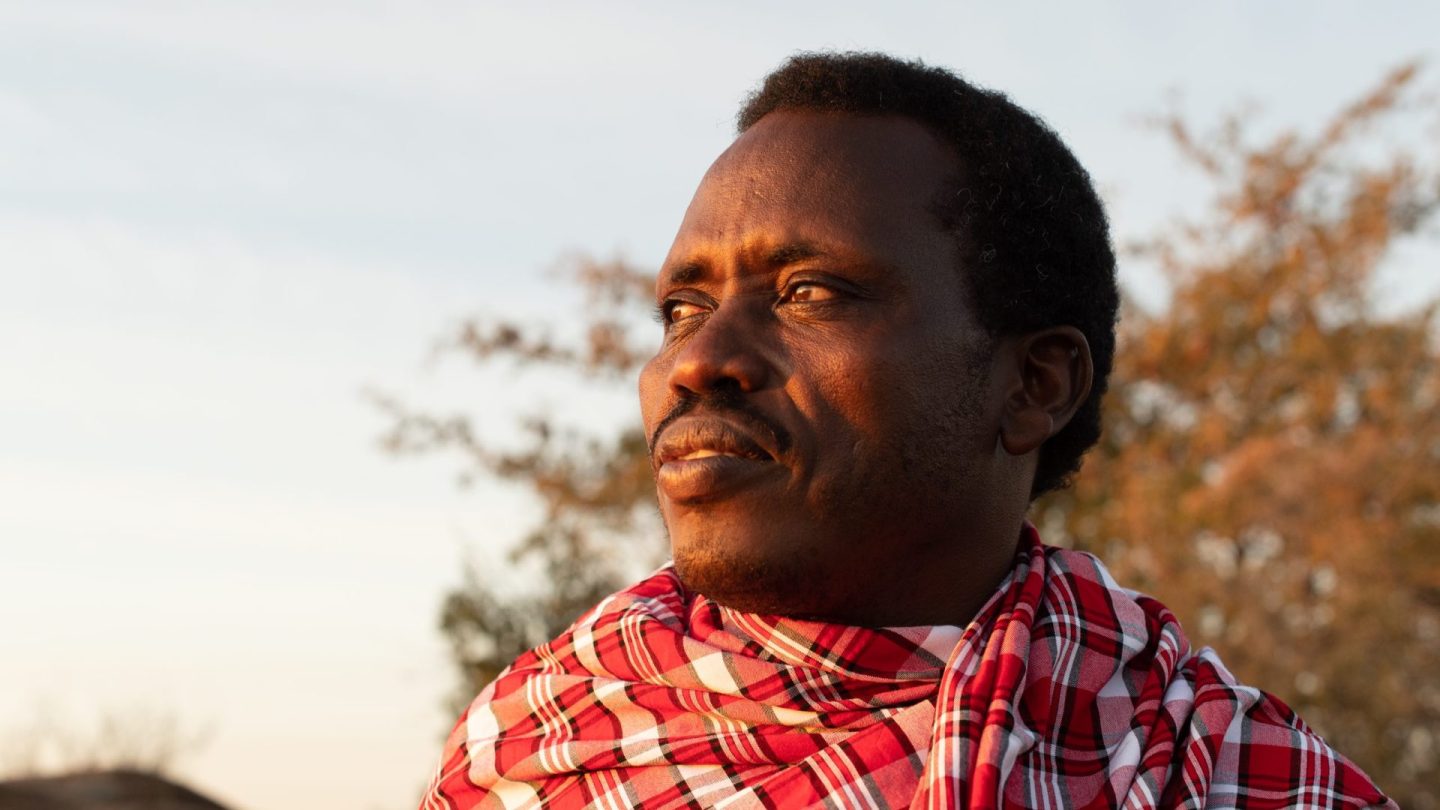
A tree with a lifespan of up to 3000 years, the baobab is central to Hadzabe culture.
Community members of Mongo Aa Mono, a tiny patch of undisturbed land in the Yaeda Valley of northern Tanzania, use it to shelter from the rain, harvest fruit and honey, and as a gathering point to discuss important ideas.
“This is their Garden of Eden,” exclaims Dismas Partalala, as we weave through a cluster of grass thatched huts scattered throughout the forest.
But like every paradise in our modern world, it’s under threat.
One of the world’s last remaining hunter-gatherer tribes, the Hadzabe have lived in this region, close highlands of world heritage site Ngorongoro Crater, for almost 40,000 years. Depending on plants for food and medicine, they’ve inadvertently become some of nature’s greatest guardians. Yet in the last 60 years, they’ve lost 90% of their nomadic land as a result of encroachment by pastoralist tribes.
“They are very peaceful people, so they don’t fight,” says Dismas, a Maasai from the Loliondo district, who’s become a passionate spokesperson for a tribe almost forgotten and overlooked by authorities. “If people come closer, they move.”
In his role as a programme coordinator for Ujamaa Community Resource Team, the 48-year-old self-taught conservationist has helped secure land rights for the Hadzabe, while also allowing grazing provision for neighbouring Datoga pastoralist communities.
Since 2011, 100,500 hectares of land have been secured by law and people are extremely grateful. When we arrive in the village, men sharpening their arrows drop tools to greet us; women roasting freshly uprooted tubers gaze up with eyes as bright as their flickering cooking flames.
To them, Dismas is a hero. But it took patience and effort to gain their trust. Sacrificing time with his own family of seven children, he spent weeks living alongside the Hadzabe, sleeping on weathered animal hides and eating the food they ate.
“I learned that land is life for them,” he says. “They eat what is available today and reserve other things for tomorrow. That impressed me.”
Dismas quickly recognised this was a symbiotic relationship: the land needed the Hadzabe as much as they needed the land.
In the last decade, these protected areas have flourished with biodiversity: elephants, cheetahs, even wild dogs can be commonly seen.
One way to reward the communities financially for their efforts was by setting up a carbon credit partnership with Carbon Tanzania.
“At first they thought we wanted to steal their air but now they understand and support the idea,” explains Dismas, as we climb to a viewpoint overlooking the valley.
Sprawling below us are some of the 71,700 trees saved by the project, benefiting 61,000 people from 12 villages through investments in education, healthcare and enforcement of land protection.
Gazing over an Eden he now calls his second home, Dismas describes his motivation as a vocational calling.
“When I discovered these communities needed help, I knew I had to be the one. If I do this, then I can I die knowing I did something in this world.”
Images and words by Sarah Marshall
